By Jenny Richardson, Castle Leslie Estate’s Equestrian Center Business Manager.
Many horse riders like myself are eventing fans! Over here in Ireland, Camilla Spiers stopped the Irish leader board, while in the UK, Oliver Townend was victorious. Well done to all of these elite eventers, who dedicate so much time to their sport. The eventing season is of course now over, and the depths of winter are fast approaching, as we head into December. However, whatever our levels, this time of year offers us the chance to focus on 2016’s successes, ascertain whether riding and training goals have been reached, and plan for next year. Although there’s now a lengthy break from competition, many eventing competitors will be keeping their horses’ training programmes ticking over, and getting ready for the next season.
If you are unfamiliar with the sport of eventing, it is often described as ‘the ultimate test of horse and rider’. The sport, also known as horse trials, comprises three main disciplines, dressage, cross country and show jumping, that take place over one, two or three days – however, unless you are competing in international classes, most events are run in a single day. The scores from each element combine to produce an overall total. Like other equestrian sports, eventing sees men and woman of all ages (professional and amateur) competing against each other; riders commonly compete in affiliated competitions from the age of 11. Riders start at a level that meets the combined abilities of horse and rider, and progress ‘up the ranks’ if desired.
The key to enjoying eventing, and being placed if you are riding competitively, is in the preparation. Eventing can be an expensive sport, so it makes sense to maximise your chances of enjoying a competition, or getting the most from the facilities you are using. If you are riding professionally, or at least hoping to accumulate competition points from your country’s governing body, it is advisable to have specific goals about what you want to achieve from attending an event with your horse.
My top tip as a trainer is to use winter as the time to go back to basics, and focus on your flatwork – it is the cornerstone to achieving balance and rhythm over fences, and the suppleness and obedience your horse gains will also make you safer when jumping. Falls are common in eventing, so if you plan to reduce the risk factors for a fall, riding a supple, well-schooled horse is essential. Using pole work in your winter schooling programme will help keep your training fresh – there’s nothing worse for horse and rider than endless, boring arena-work with little focus!
As Equestrian Centre Business Manager at Castle Leslie Estate, I am delighted to help clients achieve their riding goals, and we do offer a great roster of luxurious equestrian training breaks here, including ‘Build Your Confidence’ breaks. If you need to fresh up your training and just get some new ideas, check out our main pages for details.
We love sharing our expertise.
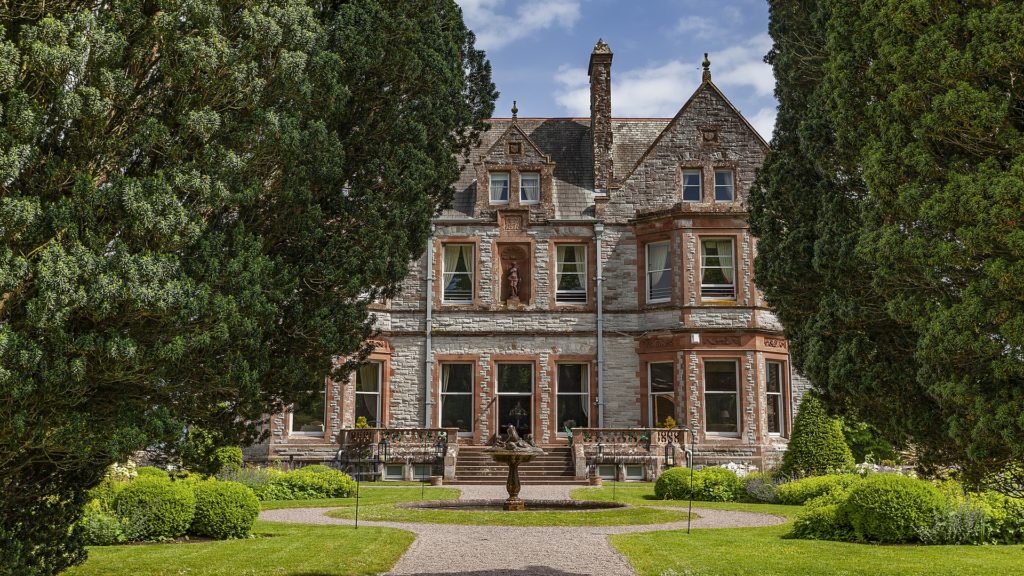
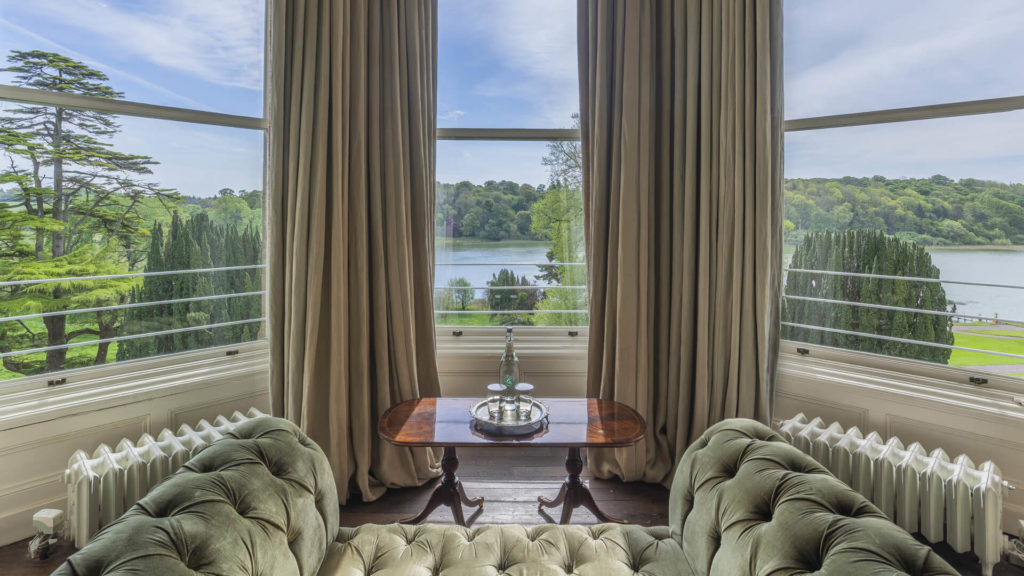
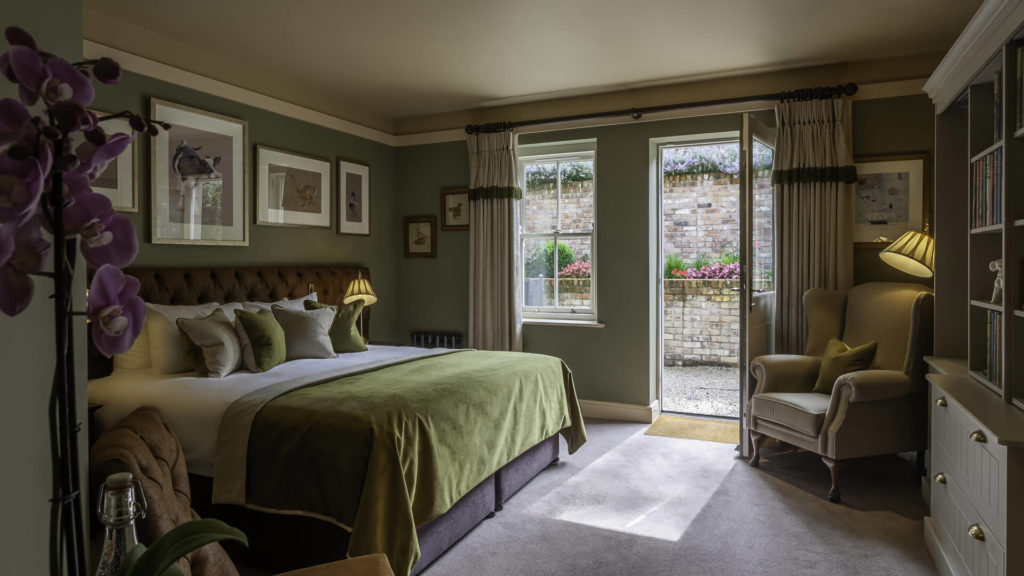
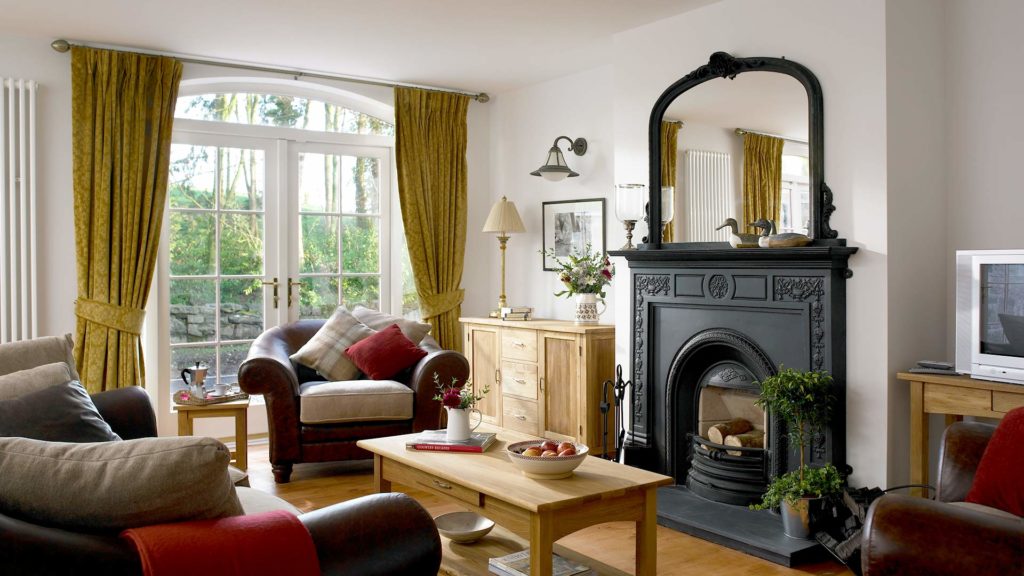
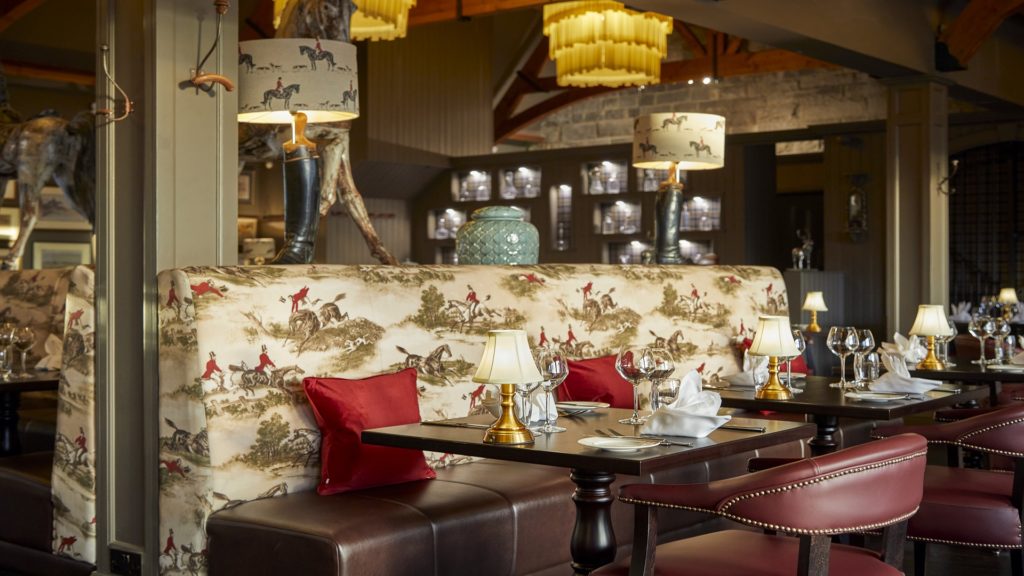
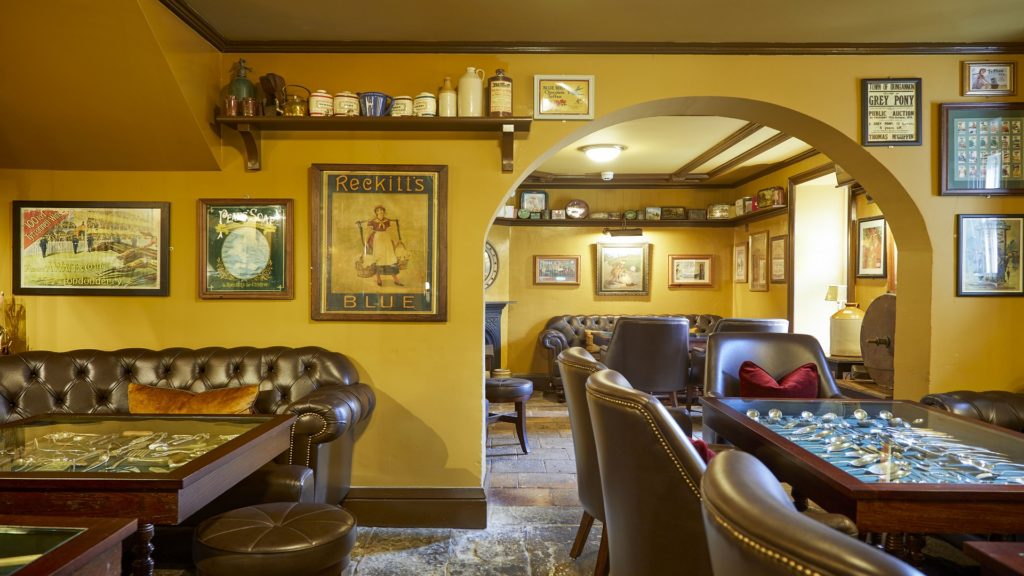
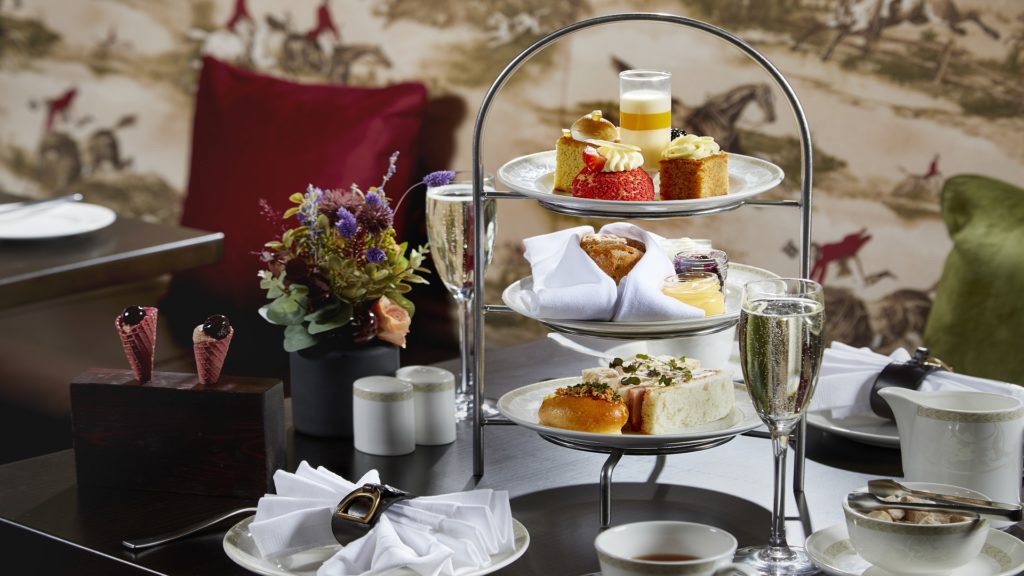
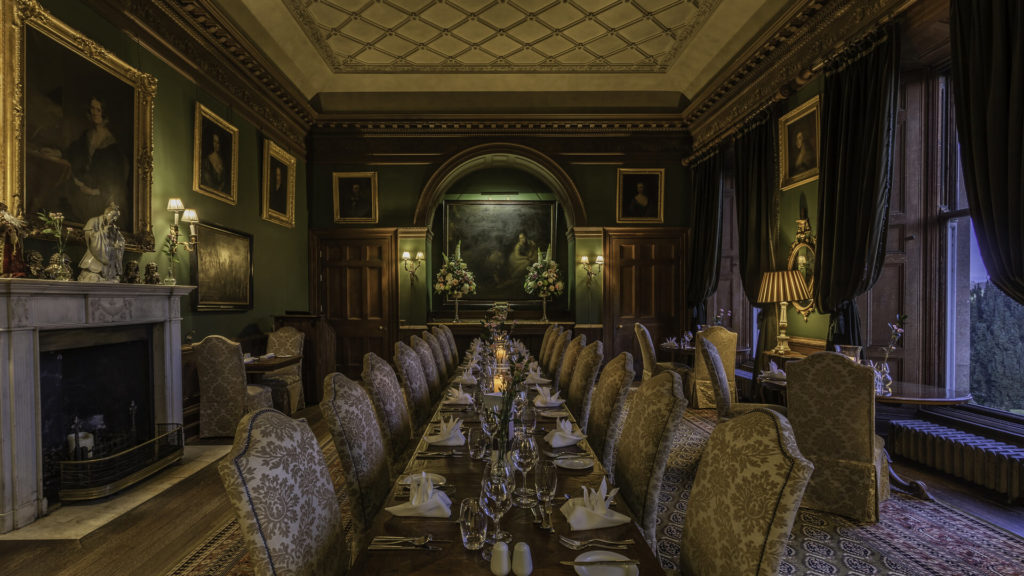
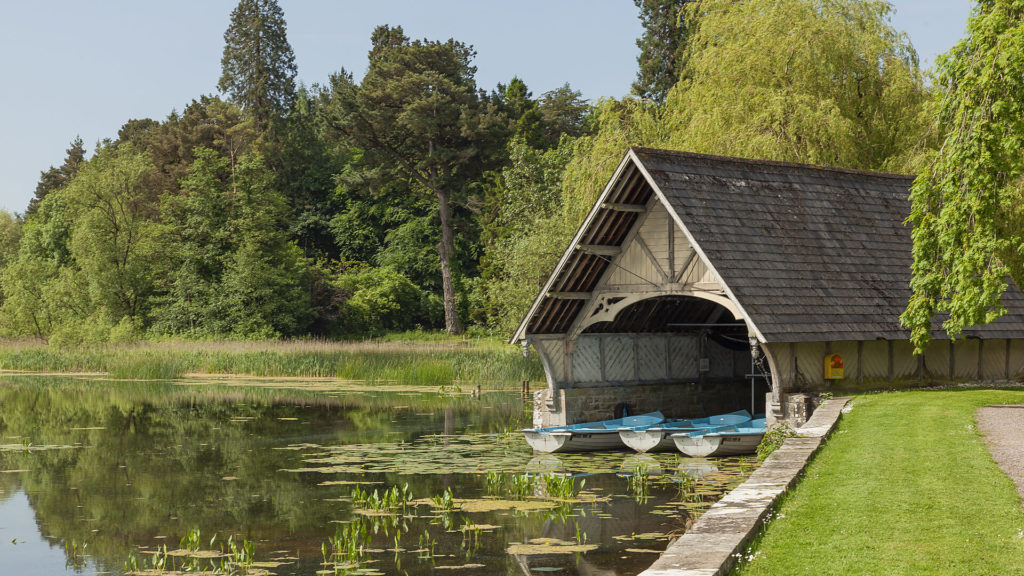
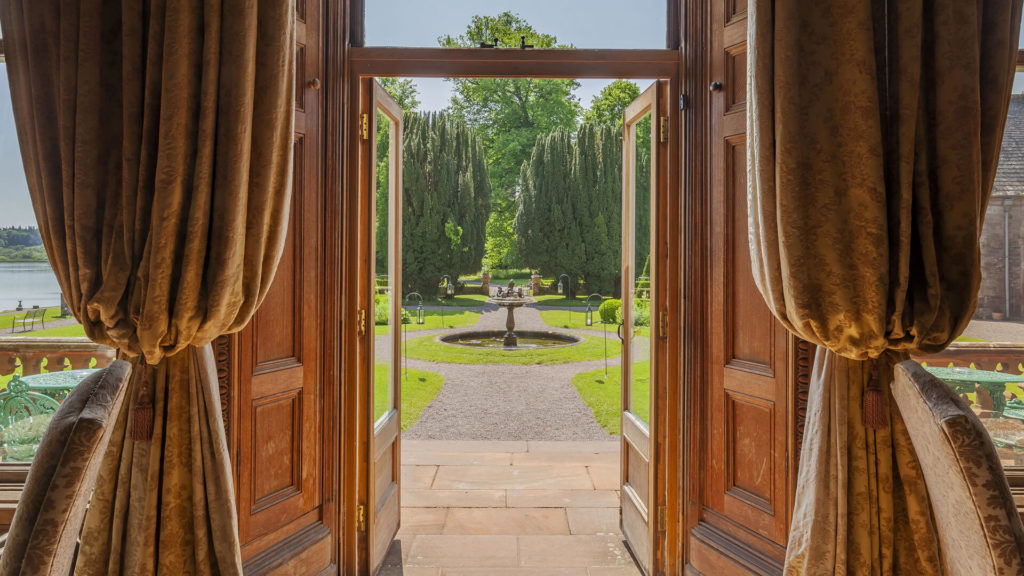
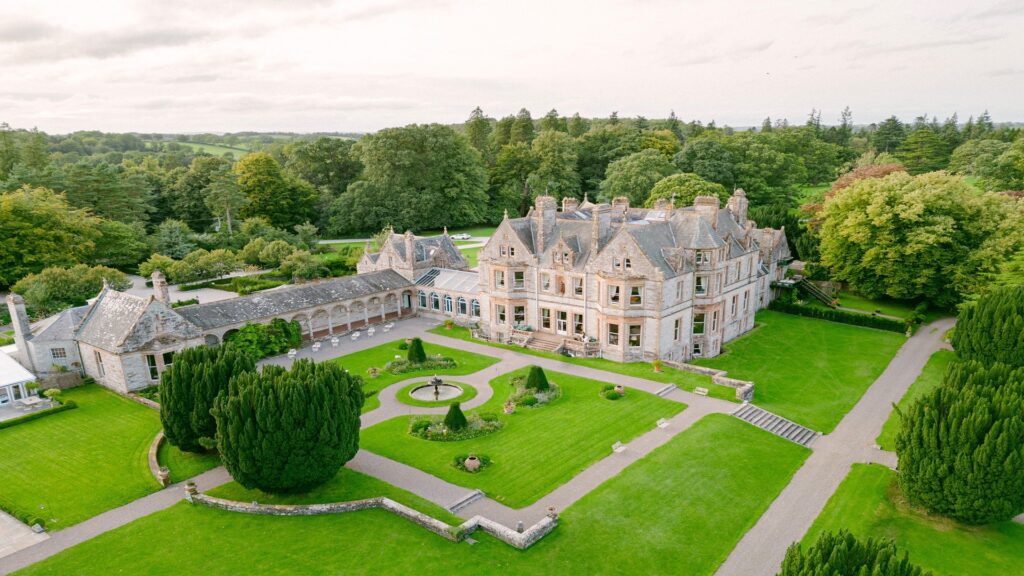
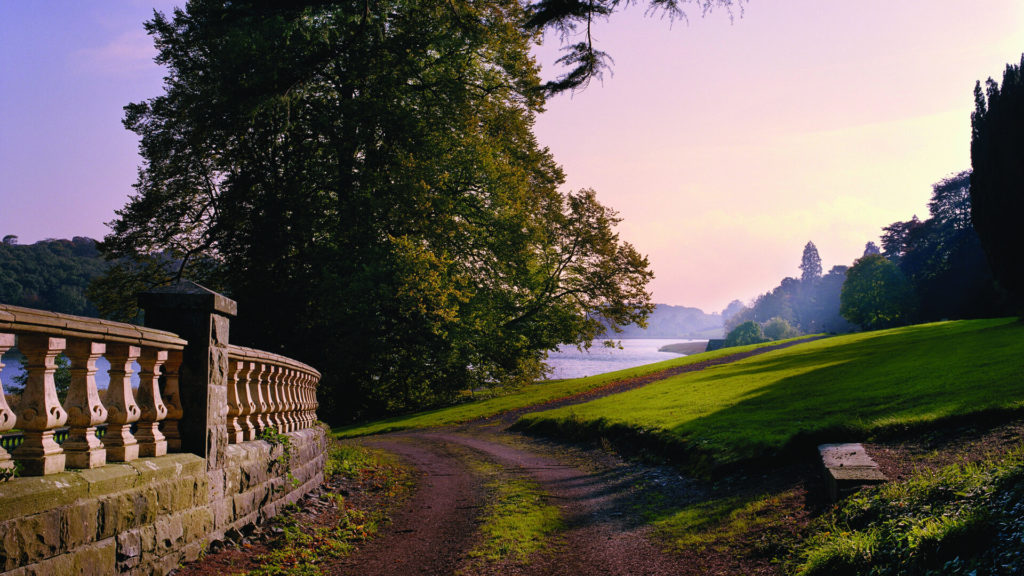
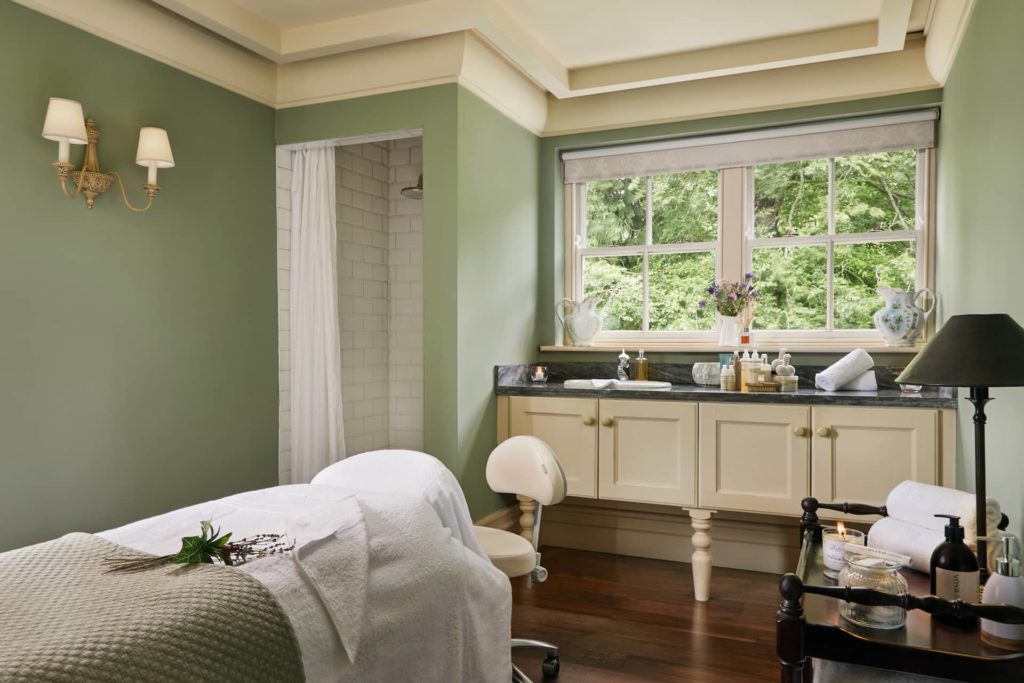

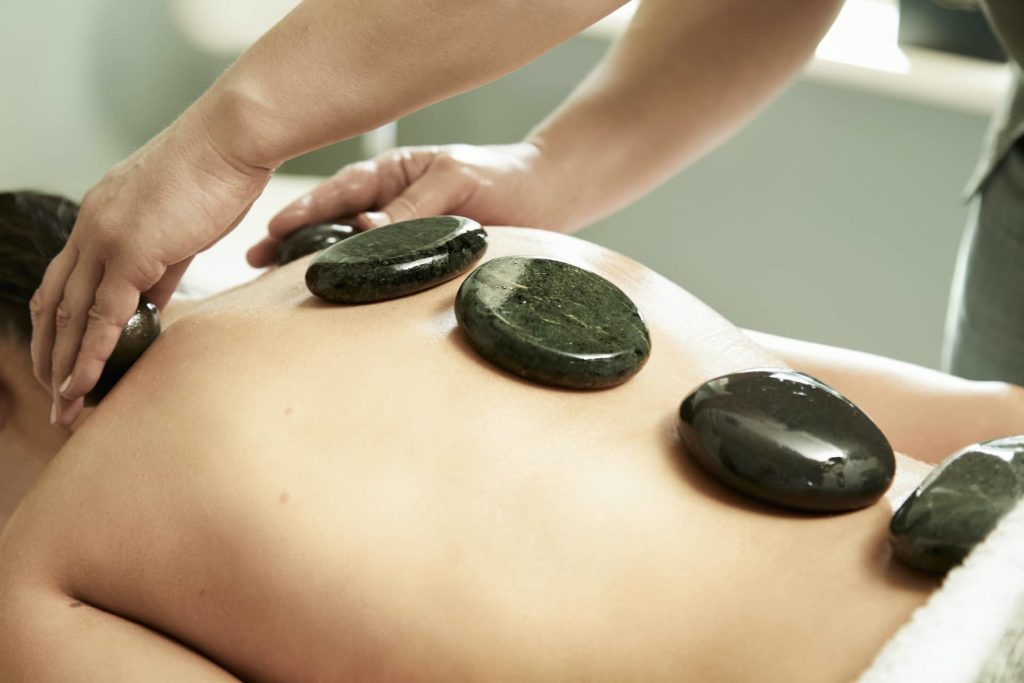
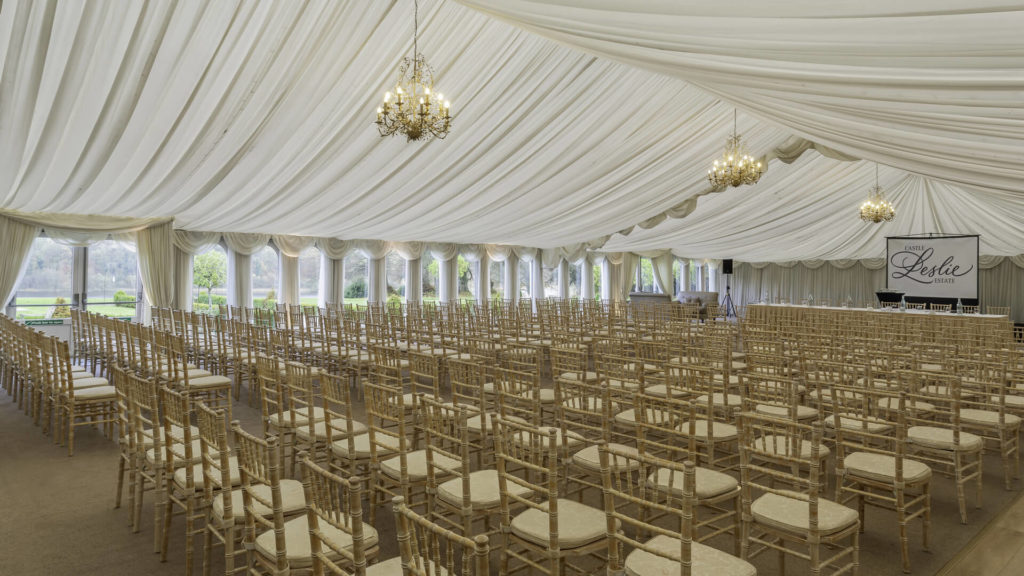
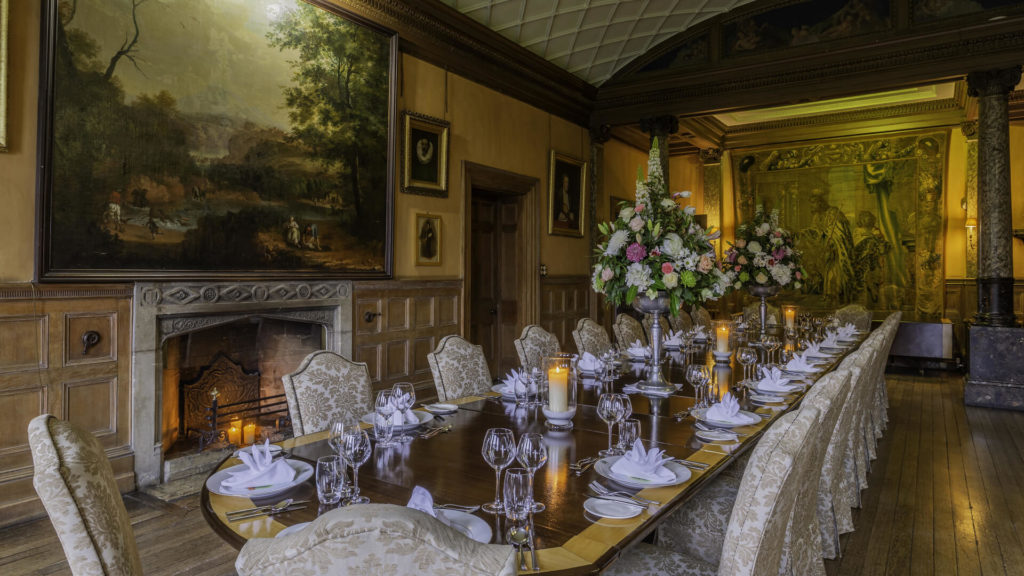
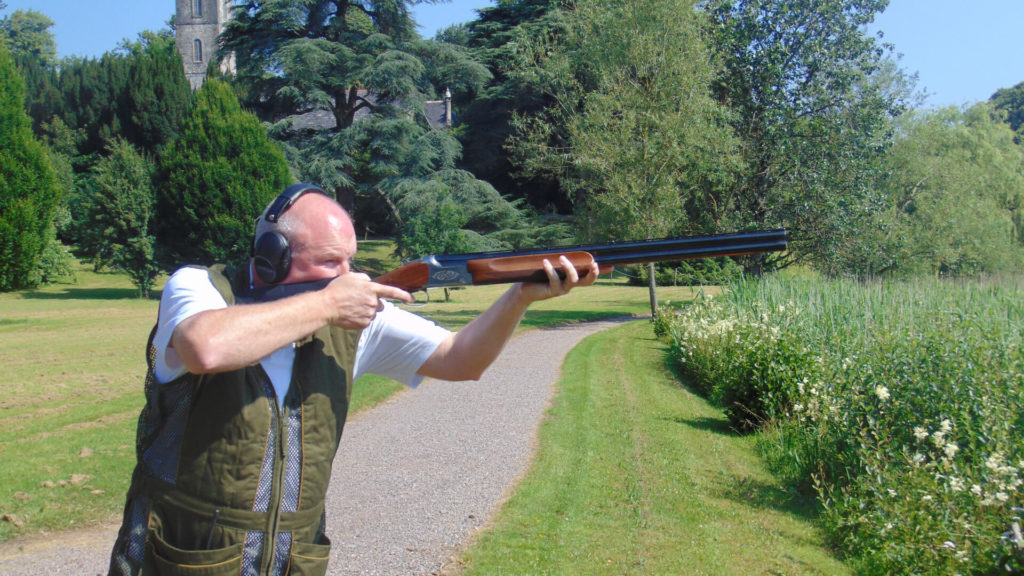
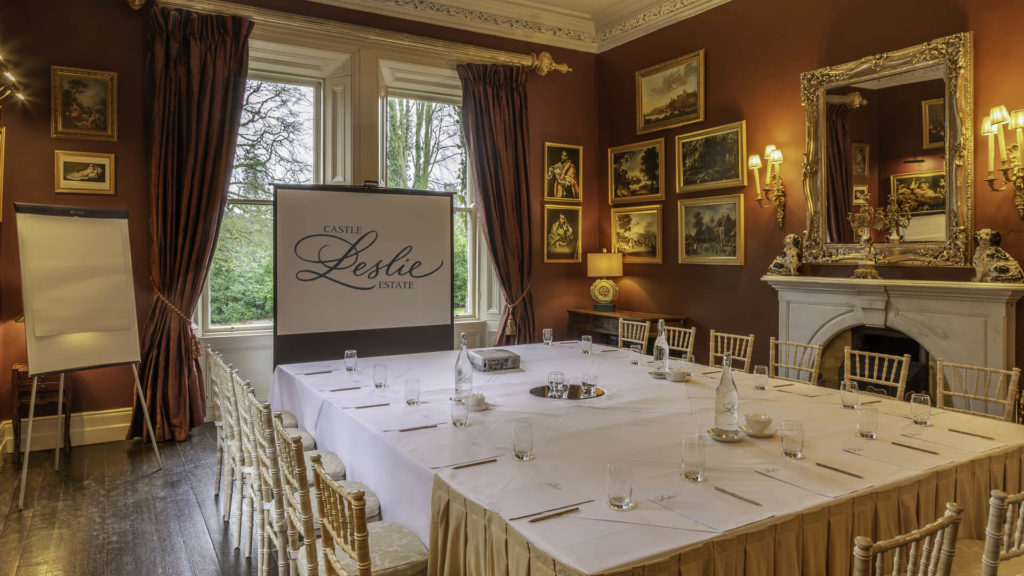
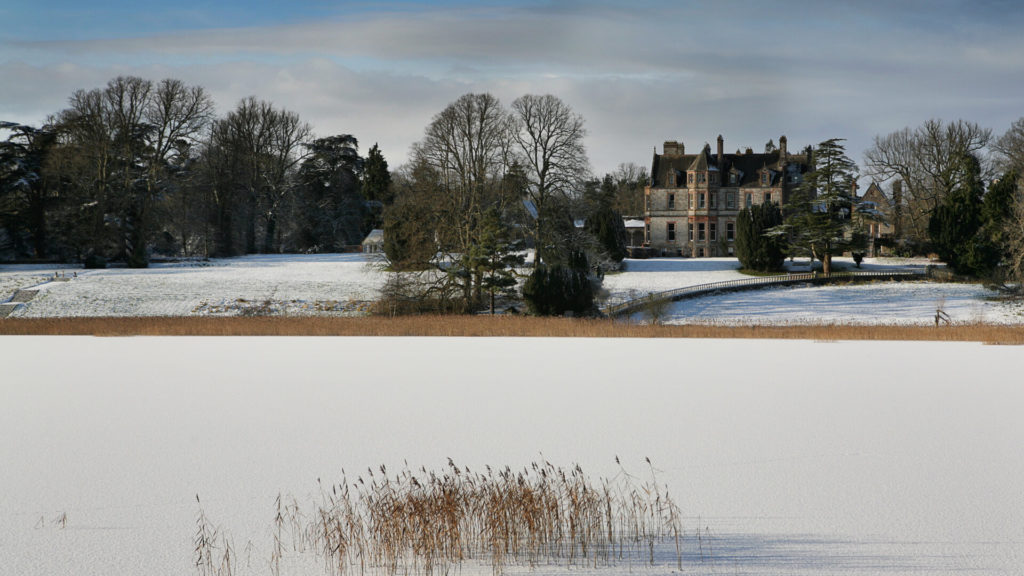

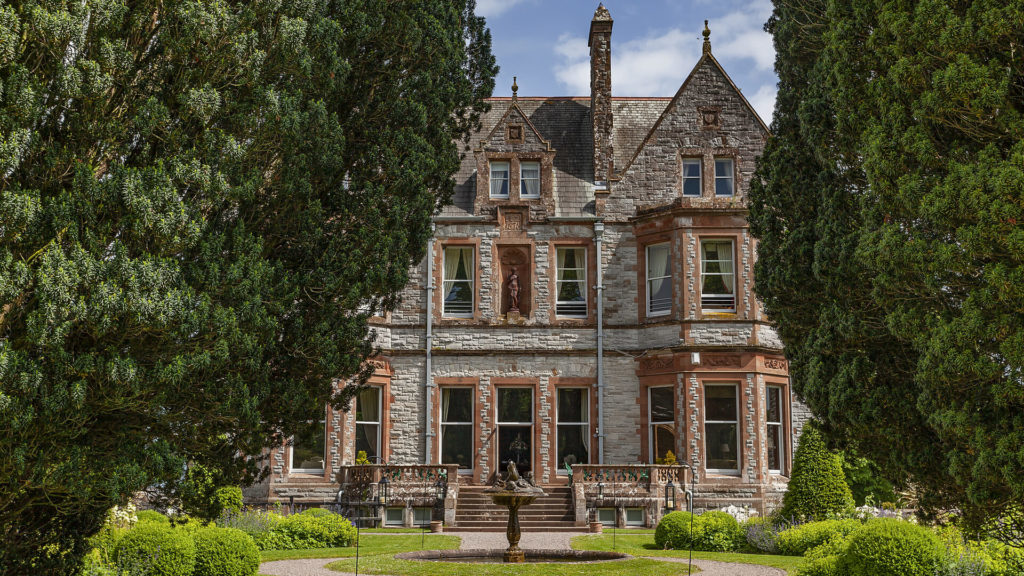
Recent Comments